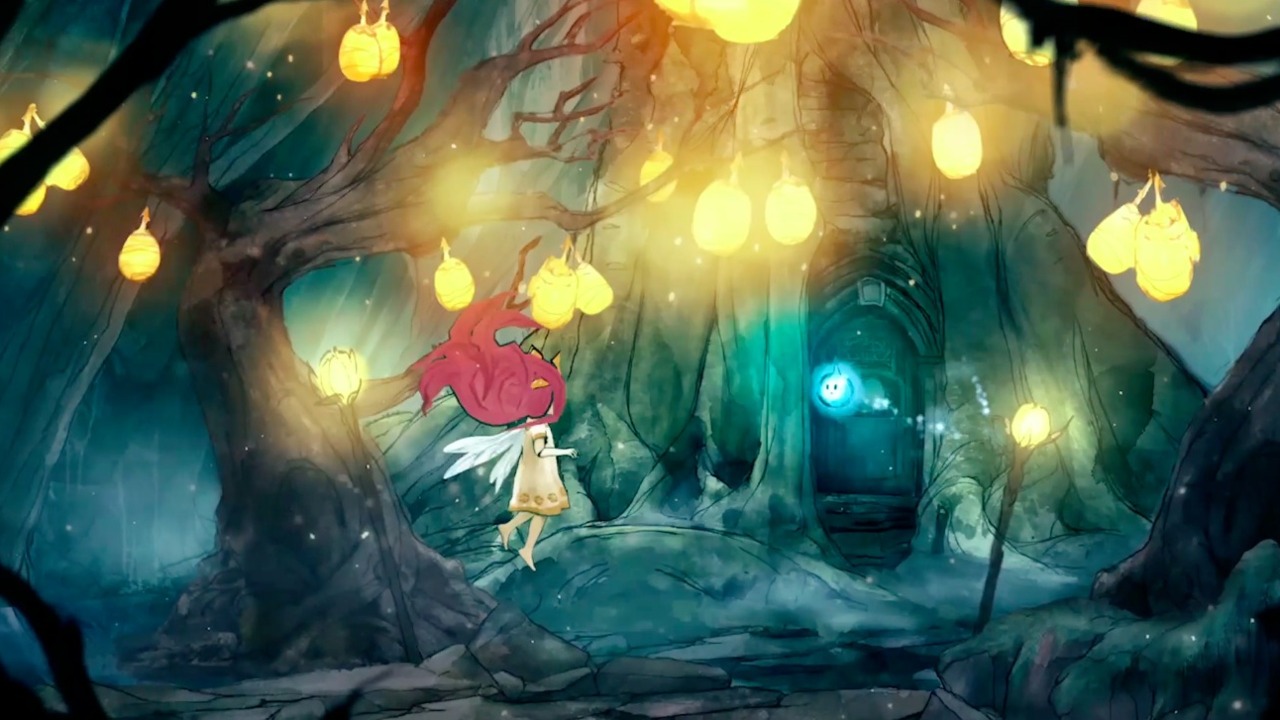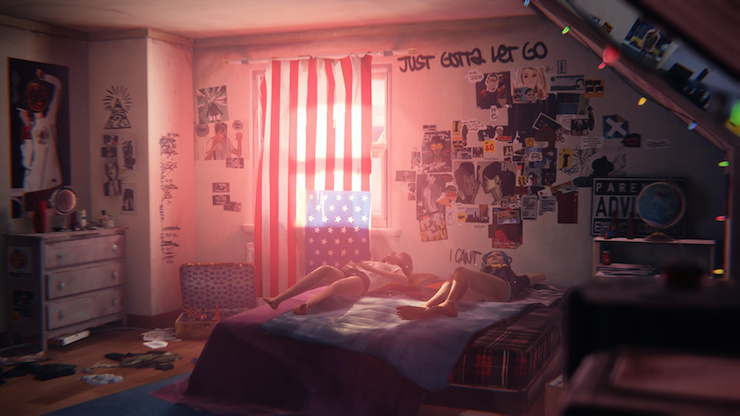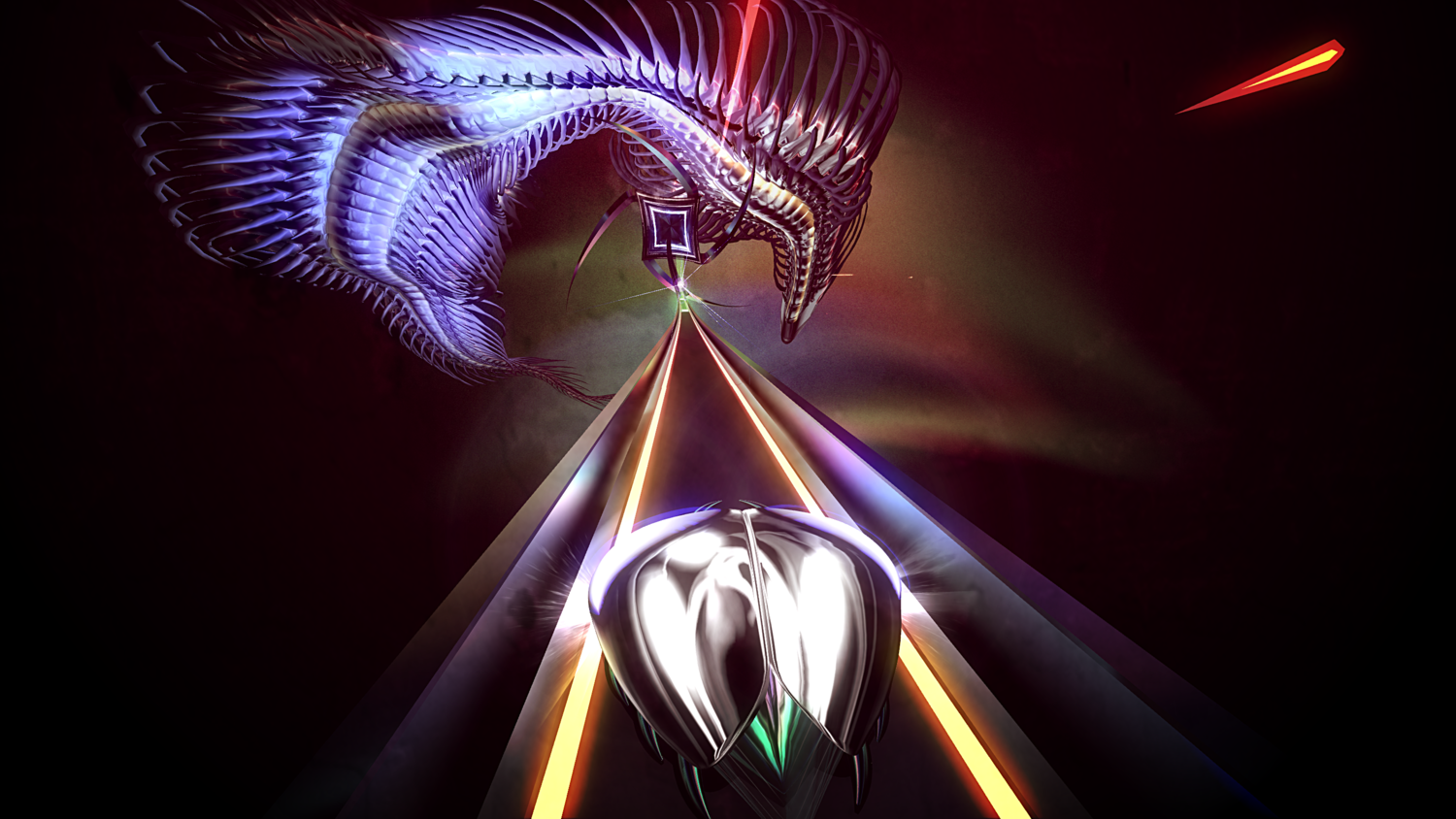Art can reflect reality. Art can mimic reality. Art can argue for a new and better reality. Art can even make us question reality. Art often is about perspective: seeing things, feeling things, understanding things from an alternative perspective. That’s what makes art such a powerful medium for personal growth and for political affect. Even the “art for art’s sake” movement that I personally loathe has deeper meaning that serves as a commentary on reality and society.
If we can agree that video games are sometimes art, or at least share many of the same essences of what makes art art, then it is reasonable to believe that video games likewise can serve to make us question our realities. Like art, games mimic reality, reflect reality, imagine what realities could be possible. However, I’ve seen most of my students and friends who game stop short at the next cognitive leap: the idea that games are intricately connected to how we view reality. Many gamers are so set on the immutability of the magic circle (games happen here, reality happens there) that most people fail to see how one changes the other.
If we push this a step further, we can ask the question, is “madness” in games a commentary on reality? Politics? Society? Do some games subvert dominant narratives present in our everyday lives? I think they might; I think they may be even more interesting than art because games take a collection of people to design, write, and create. A piece of magic realist literature is subversive and incoherent for political and social purposes. Yet magic realist literature often comes from the mind of one person (of course, authors never write in a vacuum). Games on the other hand have animators, writers, playtesters, coders, and on and on. They are restricted by budget and by technology. How does a piece of politically subversive but commercially successful art work when it is produced by such a large group of people, some of whom likely have no intent of creating something subversive?
I don’t know if there is a definitive answer for this, but I think it is happening, possibly with many if not most of games created. It is a mistake to think games are simply humankind’s way of expressing fears and dreams but the narratives do not have a deeper meaning, especially when it comes to portraying madness. I talked last week about the idea of madness, particularly as opposed to mental illness. Don’t Starve was my case last week, so I’ll continue with it now. Let’s say DS is somehow subversive or politically or societally meaningful. What is DS saying? At its core, the game is about trying to survive in a punishing world. Wilson is subject to all sorts of horrible occurrences at the hands of the antagonist Maxwell. But we don’t know anything about Maxwell or why we exist in the world we are born into, so to speak. It’s kind of fucking terrifying if you think about it. How does Wilson fight to stay alive in the world? Through technology and invention. He is a “gentleman scientist” after all.
In the opening scene, we learn that we gained knowledge we should not have, and that is why we are being punished by being put into this unyielding world. The story mimics Adam and Eve’s fall once they taste the fruit of knowledge. They too were punished for surpassing their reach by being put into a world full of “mad” things. In a way, it is a very human story, even aside from the religious implications. We reach too high and we fall. While technology is Wilson’s savior in the new world, it was also his downfall in the old (he came to the world by creating a giant machine and listening to a voice when it commanded him to flip the switch). **spoiler alert in the next paragraph if you haven’t finished adventure mode*
Further, even after defeating Maxwell, the game suggests that Wilson has now become Maxwell, and you will be trapped forever in the mad world. So are the creators suggesting it is bad to embrace technology? To take knowledge too far? Is this simply a tired rehashing of an old story? Or is this specific to today’s challenges that we face? Even though the story of the fall is a long and tired one, I think there must be something uniquely human about it for us to still be so entranced by it, to embrace it again and again through our entertainment media. The fact that video games are asking us to question our own humanity and reality is no surprise, and it solidifies games as the next most influential artistic medium. IMHO, of course.
If this game is a commentary on our reality, it is a very fucking bleak one. We come into this world inexplicably, seemingly from nowhere. We try to survive against all odds. Permadeath is on. And even if we success and beat the world, we simply become the oppressor that made our lives miserable in the first place, seemingly to continue on in an endless cycle. Is that mad? Or is that simply reality?




